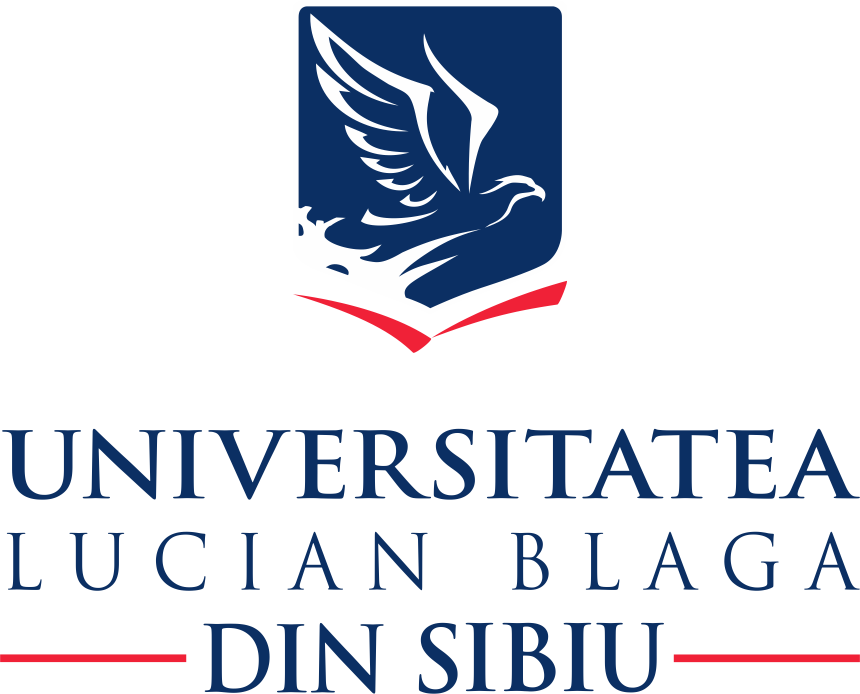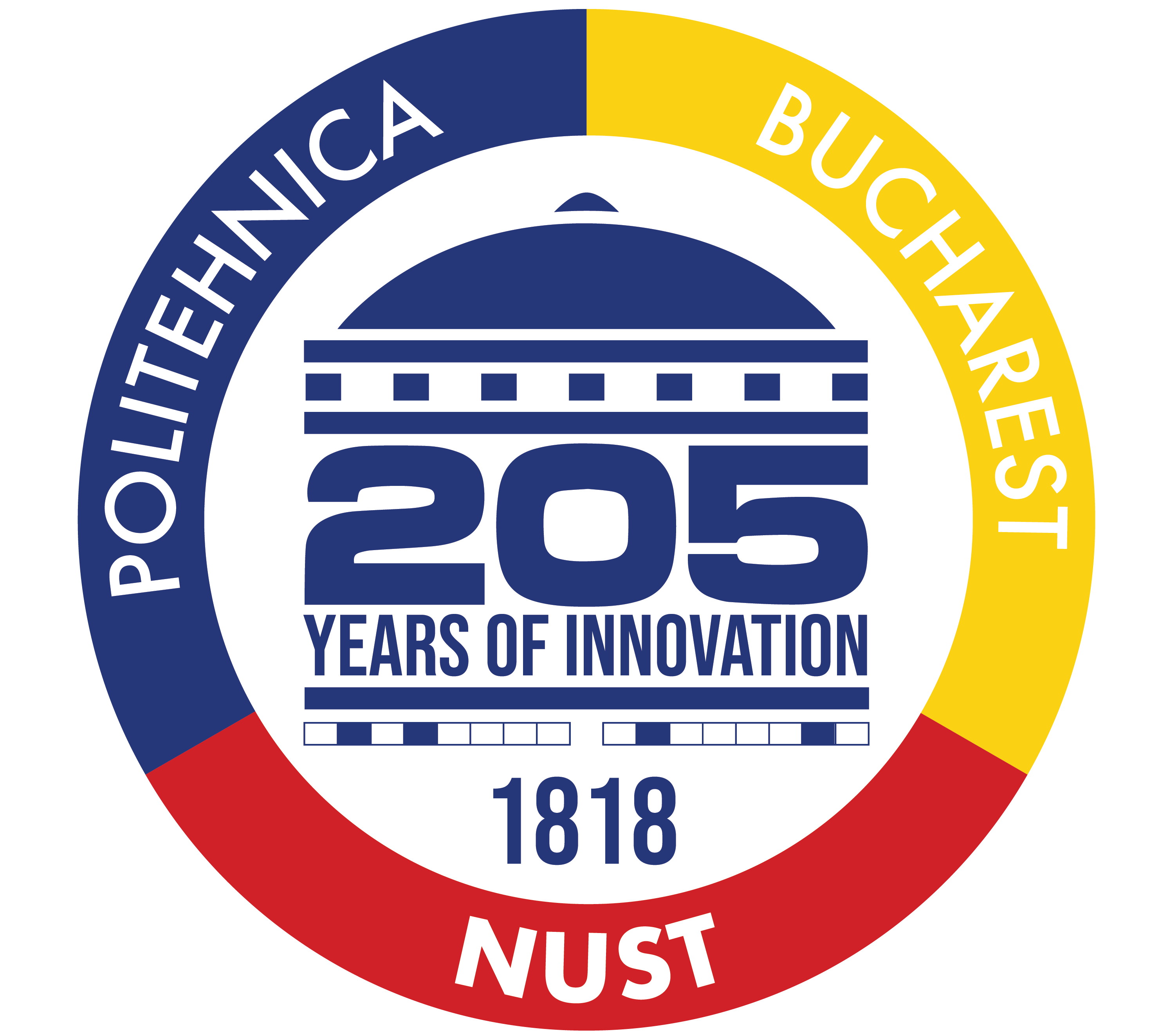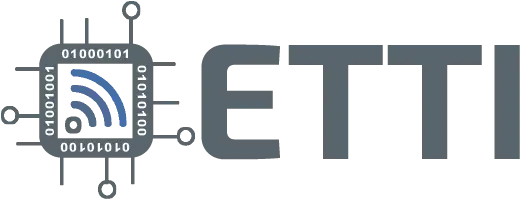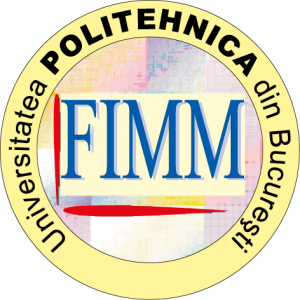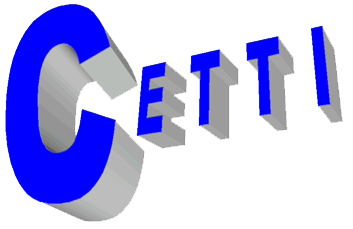Download TIE 2015 Contest Regulation [PDF]
INTERCONNECTION TECHNIQUES IN ELECTRONICS (TIE)
‑ INTERNATIONAL PROFESSIONAL STUDENT CONTEST ‑
I. PURPOSE AND OBJECTIVES
TIE scientific and technical student event has the main purpose of evaluating and certifying the level of students’ knowledge and skills in the field of technological computer aided design (CAE-CAD-CAM) of printed circuit boards (PCB) and electronic modules, with focus to both THT (through hole technology) and SMT (surface mount technology) technologies.
The contest is based on the knowledge obtained during the electronics courses for design and manufacturing of analogue, digital and mixed electronic modules, as well as on the advanced knowledge of developing PCB interconnection structures according to IPC (Association Connecting Electronics Industries) and other international standards recognized by the electronics industry worldwide. TIE event is intended to be a guild certification, a brand in the field of PCB design.
Aim of the contest:
- Arousing the students’ interest in the electronic packaging issues and PCB interconnection structures;
- Evaluating of knowledge in a competitive environment;
- Certifying by industry, with the support of the IAC (Industrial Adviser Committee), of competitors’ CAD skills;
- Supporting the electronics industry with professional human resources.
Objectives:
- Familiarizing the students with the necessary activities for designing the electronic projects of the analogue, digital and mixed modules and the PCB interconnection structures, in order to meet the demands required by the project/product specifications;
- Reaching a high level of professionalism in using CAD software systems in this field;
- Rising the awareness of the electronics industry on the existing human resources and realizing a strong partnership between academia and industry;
- Increasing of job demands for the career of electronics engineer from today students and of job offers from the industrial environment.
II. ORGANIZATION
The international student contest “Interconnection Techniques in Electronics (TIE)” is coordinated by “Politehnica” University of Bucharest, Center for Technological Electronics and Interconnection Techniques (UPB-CETTI) and continuously supported by IEEE CPMT HU&RO Joint Chapter. The event is yearly organised, in an itinerant way, by a university member of the EPETRUN consortium and network (Electronic Packaging Education Training and Research University Network), being also opened to all European universities interested in education and training in the field of electronic packaging.
The contest is supervised by six committees:
- 1. Steering Committee (SC);
- 2. Technical Committee (TC);
- 3. Local Committee (LC);
- 4. Industrial Adviser Committee (IAC);
- 5. Public Relations Committee (PRC);
- 6. International Consultant Committee (ICC).
In the above mentioned committees take part representatives of EPETRUN, European universities, specialists from industry and members of non-guvernamental organizations involved in electronics. These committees take care of all technical and organisational aspects of the contest and of the whole TIE event.
The contest has two stages:
- 1. local stage (which takes place in each university centre interested to participate to TIE);
- 2. final stage (which takes place in an university centre selected by the steering committee at least one year before the contest).
The subjects and the evaluation form will be proposed by the IAC (Industrial Adviser Committee) and will be completed/finalized by the TC (Technical Committee).
On the day before the contest day TC will finish and optimize the subjects and the evaluation form.
On the contest day TC + IAC will define the “evaluation teams” involved in evaluation of students (each composed of minimum two officials/experts) and the “supervisory team” (which validate the final score of the student, if necessary).
The supervisory team is activated and requested for an additional evaluation only in case of ambiguity during the evaluation process, in order to decide the final score. If not necessary, the final score is set by the evaluation team.
The students will be informed regarding this important issue in the new released TIE regulation and during the technical meeting which takes place on the day before the contest day.
The evaluation form will contain three signatures, the two of the evaluation officials/experts and one of the evaluated student; if necessary, additional signatures of the supervisory team will be placed on the form.
The student will leave the contest seat/place only after the evaluation form is totally finished and closed (by the signatures specified above).
III. TOPICS *
- 1. CAD design of electronic circuits (SCM, SCH);
- 2. Creation of virtual components (parts);
- 3. SCM post-processing (generation of netlists, reports, export/import files, post-processing files for technical documentation);
- 4. CAD design of on-board interconnection structures (PCB);
- 5. Creation of PCB footprints;
- 6. Professional inter-tool communication techniques between SCM and PCB environments;
- 7. PCB post-processing (generation of netlists, reports, export/import files, post-processing files for technical documentation and manufacturing);
- 8. Standardization elements for PCB design;
- 9. Elements of analogue, digital and mixed design;
- 10. Elements of signal integrity, power integrity and electromagnetic compatibility at the PCB level.
* see on www.tie.ro all the technical topics/issues requested by TC.
IV. CONTEST RULES
- 1. Each university will participate at the final stage with 4 students, 3 accepted competitors (3 bachelor students + 0 master students or 2 bachelor students + 1 master student) and 1 reserve (student placed in the local stage ranking after the first three), possible to participate only if one of the first three students is not able to take part at the final stage due to a force majeure (an extraordinary event or circumstance beyond the control of the participating student);
- 2. The participation fee for a university taking part at the final stage is 200 Euro.
- 3. Any student can apply at the local stage of the contest if he/she proves he/she follows the courses of an accredited university;
- 4. The organization of the local stage is under the attributions of the universities involved in EPETRUN and other European universities;
- 5. The lists of qualified students for the final stage (3 + 1 reserve) will be sent by the participating university to the LC of the organising university at least two weeks before the final stage, according to the official demands;
- 6. The contest time for the local stage is depending on local rules of the organising university. For the final stage the contest time is 240 minutes;
- 7. It will be mandatory for each student/competitor to participate with all the necessary hardware & software resources, in order to take part at the contest; the student/university has to prove the existence of the license for the CAD system used in the contest. The organizers will not provide any licensed software to the competitors, their main task being to manage the TIE contest and the whole scientific event around it;
- 8. During the contest, the student can use her/his own documentation, paper-based or in electronic format. The draft papers will be provided by LC/TC officials;
- 9. During the final stage of the contest the access to Internet is forbidden, all the technical documentation being available for competitors on a CD/pen-drive;
- 10. The contest regulations can be presented to participants at the beginning of the contest, if required;
- 11. During the contest, the students are not allowed to discuss to each other, to ask explanations from another competitor regarding contest issues, to borrow personal objects or documents. During the contest, the explanations can be asked only from TC officials;
- 12. The contest will have an official fixed “pre-time” of 30 minutes, in which the competitors will study deeply the subjects and will ask questions; after handing-in the subjects, the students will use these 30 minutes to study the contest subjects without making any design activity on the computer and/or writing down notes and calculus;
- 13. The contest will have an official fixed “post-time” of 15 minutes, in which the competitors will save, archive, copy to an official TC CD/pen-drive, close applications, etc.;
- 14. In case of any technical problem, the student has to announce as soon as possible the situation to LC/TC officials who are supervisors in the contest room;
- 15. The students could benefit by the extension of the contest design time in certain conditions: hardware/software problems, breakdown of the workstation and related issues. Any other situations will not be accepted for the extension of the official contest time;
- 16. The evaluation at the local stage is done by one or two officials, together with the student who solved the subject. If the student is not present when the evaluation activity starts, he/she will be called when the evaluation session of his/her group ends. If he/she is still not present, his/her subject will be evaluated in his/her absence;
- 17. The evaluation at the final stage (see also the “V) ORGANIZATION” paragraph) is mandatory done by officials from TC and IAC, together with the student who has solved the subject. If the student is not present when the evaluation activity starts, he/she will be called later or at the end of the evaluation session. If he/she is still not present, the subject will be evaluated in his/her absence, but in the presence of a witness student from the same university;
- 18. The evaluation of the subjects at the final stage is public;
- 19. The students who participate at the final stage will be awarded with diplomas and prizes: three prizes and five mentions;
- 20. Additionally, IAC will attest the best ranked students with “PCB Designer” certificates recognized by the electronics industry;
- 21. The first prize winner is not allowed to participate at the future editions of the TIE contest;
- 22. The students who are not present at the contest and who are on the contest list will be referred to as “not present”, and those who leave before the contest time expires will be referred to as “abandon”;
- 23. The contest regulation can be found on the web-page of the contest (tie.ro), in English, on the web-pages of the EPETRUN university network and other participating universities, depending on the specific of their web-pages;
- 24. Any change in this document will be announced to all universities participating at the TIE contest immediately after the new version will be released.
Rev: December 2, 2014

